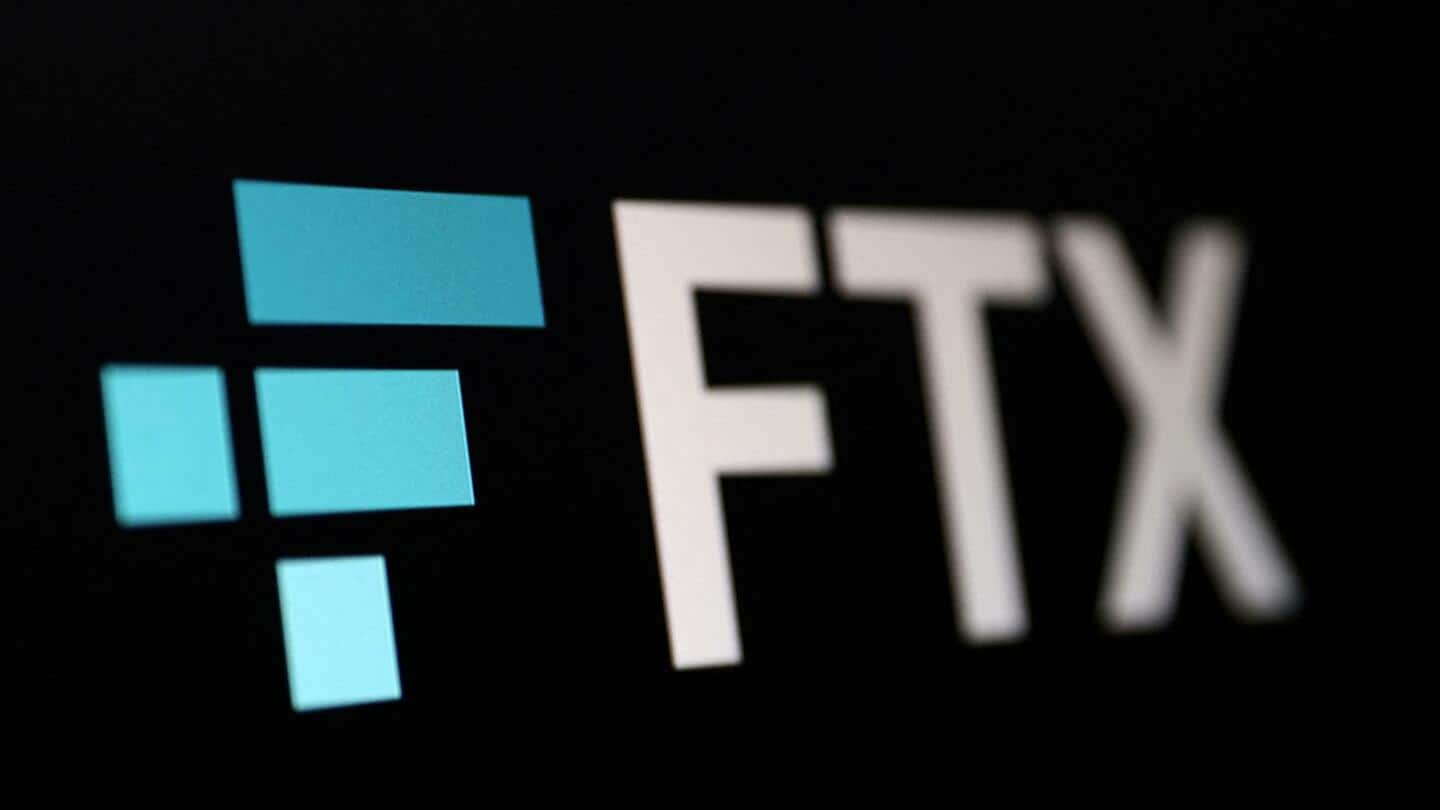
FTX was Sam Bankman-Fried's 'personal fiefdom,' reveals court hearing
What's the story
A Delaware bankruptcy courtroom was the stage for one of the most anticipated bankruptcy hearings in recent times.
It was fallen crypto exchange FTX's first hearing since it filed for bankruptcy.Around 1,500 viewers who live-streamed the proceedings were far from disappointed.
The hearing saw some serious accusations against former CEO Sam Bankman-Fried and people close to him.
Context
Why does this story matter?
Once the third-largest crypto exchange in the world, FTX is now at the epicenter of the biggest meltdown in the history of cryptocurrency.
The company owes $3.1 billion to its biggest creditors and even more to others.The bankruptcy hearing of the exchange and court filings have brought into light the haphazard way the company was run.
Compromised
FTX was controlled by 'compromised individuals': James Bromley
James Bromley, co-head of restructuring at law firm Sullivan & Cromwell, appearing for FTX, said that Bankman-Fried ran FTX like a "personal fiefdom."
"The emperor had no clothes in the end," he added. Bromley said, "FTX was in the control of inexperienced and unsophisticated individuals, and some or all of them were compromised individuals."
Real estate
A unit of FTX spent around $300 million on properties
Bromley said in the court that a unit of the company spent around $300 million on real estate in the Bahamas. Most of these properties were homes and vacation properties used by senior FTX executives.
Previously, Reuters had reported that FTX, Bankman-Fried's parents, and senior executives purchased at least 19 properties in the Bahamas worth $121 million.
Customers
Judge agreed to keep the names of creditors private
A key issue during the hearing was about disclosing the names of FTX's creditors. Lawyers appearing for the exchange argued that disclosing their names would endanger their privacy.
Judge John Dorsey of the US Bankruptcy Court in Wilmington, Delaware agreed to keep their name private for the time being. Over the weekend, FTX released a redacted list of its 50 top creditors.
New leadership
New CEO described FTX's mess as the worst
FTX's new CEO John Jay Ray III, in a filing last week, wrote that the mess at FTX was the worst he has ever seen.
He is often known as the 'turnaround titan' for successfully taking care of some of the biggest corporate collapses in US history.
His most famous accomplishment is leading Enron through its infamous bankruptcy proceedings.
Restructuring
FTX plans to sell healthy assets as part of restructuring
Ray has been tasked with restructuring FTX. He appointed Sullivan & Cromwell as restructuring advisors and another law firm, Alvarez & Marcel as bankruptcy advisors.
The new management plans to sell FTX's healthy unit to clear its dues. However, Bromley said, "a substantial amount of assets have either been stolen or are missing."
The company said that it has received interest from potential buyers.
Last moments
Bankman-Fried apologized to employees for filing for bankruptcy
During the hearing, Bromley recounted the final hours before Bankman-Fried gave up control of FTX. He said that the then-CEO didn't give up control until November 11 morning.
Bromley added that Bankman-Fried discussed with his lawyers and his father before making the decision.
In a letter to employees, Bankman-Fried apologized for filing for bankruptcy. He said he was pressured into doing so.
Accusation
Ray accused Bankman-Fried of undermining bankruptcy case
Ray, the new CEO, has accused Bankman-Fried of trying to undermine the US bankruptcy case by working with Bahamian regulators. He also said that the erstwhile billionaire has been trying to shift assets overseas.
In a different filing, Ed Moseley of Alvarez & Marcel said that FTX's cash balance of $1.24 billion is "substantially higher" than previously believed.
Collapse
What happened to FTX?
FTX's fall began when CoinDesk published a balance sheet that showed Alameda Research (sister company) is heavily dependent on FTT, FTX's native coin. This raised questions about FTX's liquidity.
There was an acquisition proposal by rival firm Binance, but it later backed out of the deal.
FTX later filed for bankruptcy after it became clear that Bankman-Fried used customer funds to cover Alameda Research.